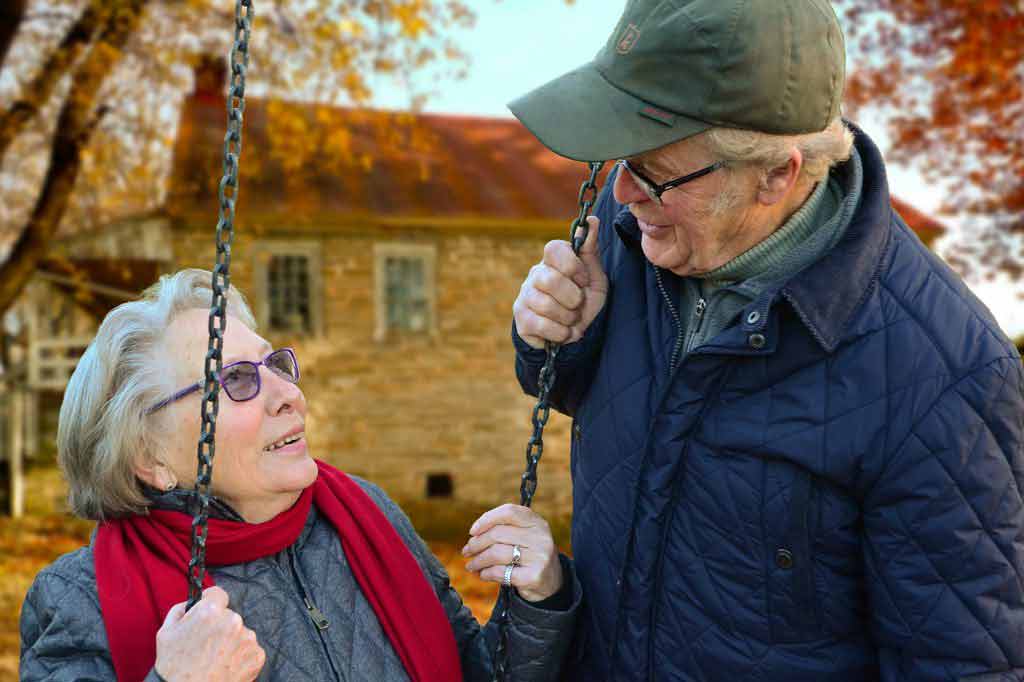Scientists find 'gene that delays Alzheimer's'
Genetics and stem cells
Scientists have identified a genetic variation thought to delay the start of Alzheimer's disease, according to several media reports. The news is based on a study of 71 descendants of the same ancestral family in northern Colombia...
Scientists have identified a genetic variation thought to delay the start of Alzheimer's disease, according to several media reports.
The news is based on a study of 71 descendants of the same ancestral family in northern Colombia, who have passed down a rare and severe form of Alzheimer's disease caused by a mutation in a single gene.
Members of this extended family (5,000 people) are known to carry a mutation in a gene called PSEN1 – called the Paisa mutation – which causes them to get the disease, often much younger than usual.
The average age of developing Alzheimer's disease among this group is 49, but this varies from being in their early 30s to late 70s.
In the study, researchers identified a genetic variation (known as an allele) called APOE*E2 that appears to delay the start of Alzheimer's disease in people with the mutated PSEN1 gene by around 12 years.
Researchers hope their work could help scientists develop new treatments to delay the common form of Alzheimer's disease, which affects almost 500,000 people in the UK.
However, it is too early to say whether the findings apply to people outside this unique Colombian family.
Where did the story come from?
The study was carried out by researchers from the Australian National University, the University of Antioquia in Colombia, University Medical Center Hamburg-Eppendorf, New York University, Nathan Kline Institute for Psychiatric Research, the University of Kentucky, and Flinders University.
It was funded by the Australian National University and the University of Antioquia. The study was published in the peer-reviewed journal Molecular Psychiatry (PDF, 1.17Mb) and is free to read online.
The Daily Mail and The Daily Telegraph covered the study. Both reports suggest all 5,000 people in the extended family group are destined to get Alzheimer's disease. However, as the research paper says, the majority of people in the group who had been tested (722 of 1,181) did not carry the Paisa mutation.
Oddly, both news reports said the genetic mutation found in the study delayed the onset of Alzheimer's by 17 years, but the study itself says the delay is around 12 years. The reasons for this difference are not clear.
Also, neither article made it clear that we don't yet know whether this particular gene variant protects people in other populations who typically develop the disease later in life.
What kind of research was this?
This was a genetic study where researchers selected a group of people affected by a rare form of Alzheimer's disease.
They carried out genetic analysis and statistical tests to see whether other genetic changes (variations) could explain why some family members got Alzheimer's disease earlier than others.
What did the research involve?
Researchers selected 71 people from an extended family group in northern Colombia's Antioquia region. Some members of this particular group carry a mutation in a gene called PSEN1 – sometimes called the Paisa mutation – which causes them to develop Alzheimer's disease at a relatively young age.
The average age of getting Alzheimer's for people carrying this Paisa mutation is 49 – much younger than the more common forms of Alzheimer's disease.
Given that some in the group developed the disease in their 30s and others in their 70s, researchers wanted to know why some people didn't get the disease until much later in life.
They selected people who got symptoms either young (before age 48) or at an older age. They studied their DNA, looking for any genetic differences between the two age groups.
Researchers also analysed the DNA of 128 people from the same region who did not carry the Paisa mutation and developed Alzheimer's disease later in life.
The researchers wanted to see if the identified genetic variations also had an effect on when people got the disease.
What were the basic results?
Researchers identified several genetic variations that seemed to have some effect on the age the disease started – some increasing it, some decreasing it. They were most interested in variations of the apolipoprotein E (APOE) gene.
This gene is responsible for making a protein that combines with fats to help repair damage in the brain. One form of this gene (known as an allele), called APOE*E4, is known to be associated with an increased risk of Alzheimer's disease in older people.
The presence of one genetic variation, the APOE*E2 allele in the DNA of people carrying the Paisa mutation, seemed to delay the start of Alzheimer's disease by around 12 years (95% confidence interval 8.07 to 15.41 years).
Looking at an expanded group of 93 patients, the APOE*E4 genetic variation seemed to speed up the start of the disease, although this result was not statistically significant so researchers could not rule out that it could have come about by chance.
How did the researchers interpret the results?
The researchers said their findings could be used to create a way of predicting the progress of Alzheimer's disease in clinical trials, or even as a diagnostic tool. They described the finding about APOE*E2 as "of major importance".
They said: "We have defined major mutations modifying Alzheimer's disease age of onset in members of a multigenerational extended family carrying the [Paisa] mutation. One of the modifier genes reported herein was also associated with the [age of onset] in sporadic cases from the general population."
Conclusion
This complex and highly technical study made some interesting discoveries in terms of specific genetic variations that may affect the age at which people with a rare genetic form of Alzheimer's disease first show symptoms.
The strengths of the study are that it included a fairly large number of people affected by the mutation from a large family group in a specific area, where environmental and lifestyle factors that could affect the risk and age of developing Alzheimer's disease were likely to be shared.
This means there is less chance of the results being muddled by external factors. The scientists appear to have been rigorous in their use of statistical modelling to test that their results were not down to chance alone.
However, one of those strengths is also a weakness. We don't know whether the main results apply to anyone outside of this family group, which carries this specific and unusual form of Alzheimer's disease.
We need to see further research around the world to find out whether the genetic variants identified here also affect other, more common, forms of the disease.
We still don't entirely understand what causes Alzheimer's disease, and our genetic make-up is probably just one of a range of causes.
At this stage, it is unclear whether this study could lead to diagnostic tools or new treatments for the condition.
Steps that may delay dementia include cutting your risk of cardiovascular disease through healthy diet and exercise.






 Subscribe
Subscribe Ask the doctor
Ask the doctor Rate this article
Rate this article Find products
Find products







